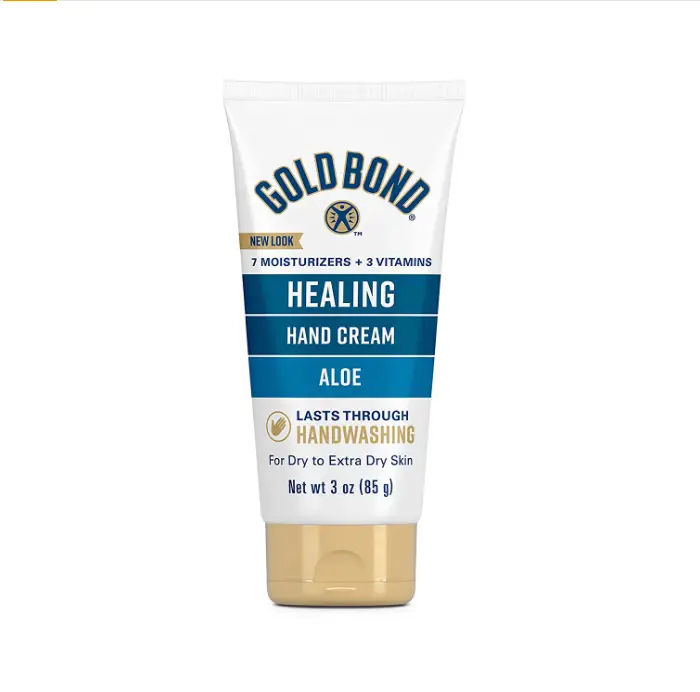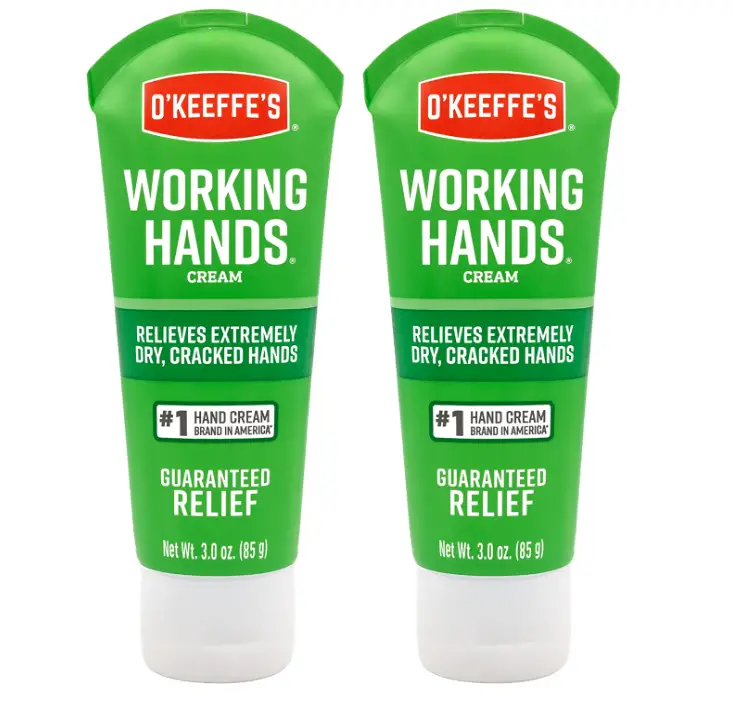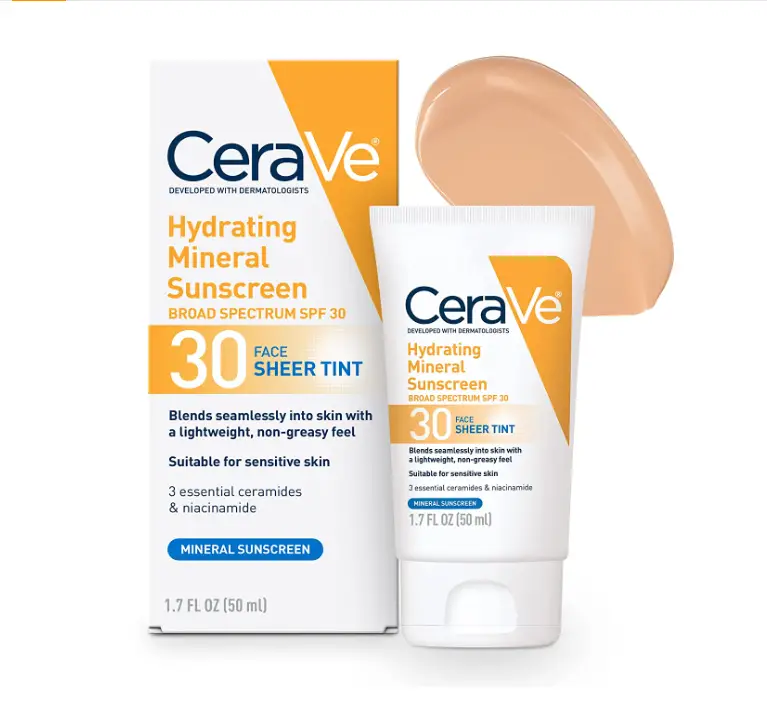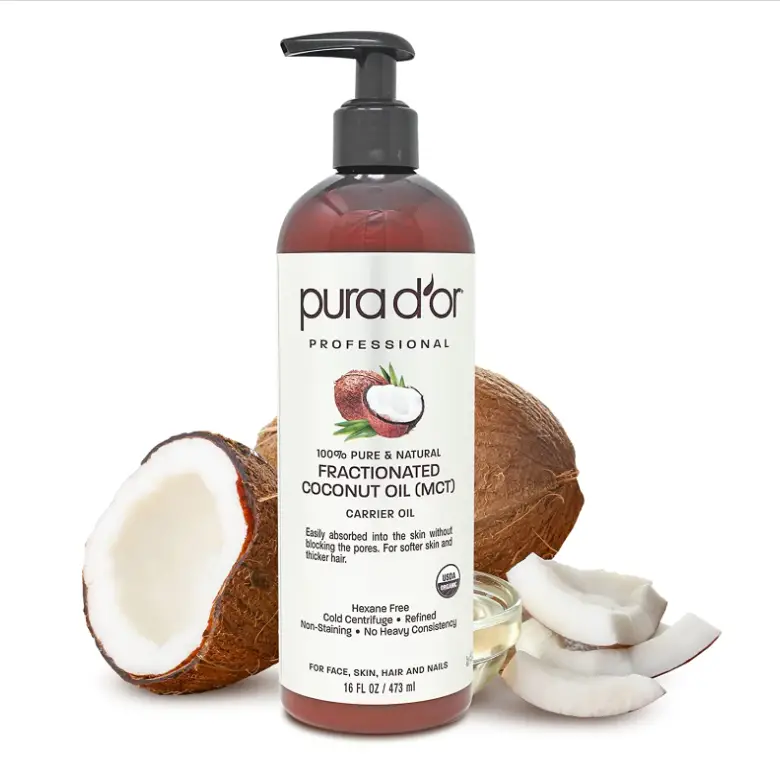When it comes to skin care for kitchen workers, simple is better. No chef wants to smell like his or her food, so there’s no need to slap on a heavy cologne. Jules Beidel, who works in the kitchen of an Italian restaurant in New York City, likes to use grapefruit-scented face wipes. At one time, she was the only female line cook, and her male coworkers laughed at her for wearing face wipes, but they quickly began asking for them.
However, skin care is important for everyone, and it is especially important for those who work in the kitchen during the day or night. The constant exposure to water, heat, and food can take a toll on your skin, causing it to become extremely dry, irritated, and even cracked. But don’t worry, there are some simple things you can do to help protect your skin while you’re in the kitchen on the job.

Common skin problems faced by kitchen workers
When you develop a skin problem, it is important to seek out treatment right away. Some common kitchen-related skin problems include:
1. Dermatitis:
This is a general term for any inflammatory skin condition. Kitchen workers are particularly susceptible to contact dermatitis, which is caused by exposure to an irritant.
2. Eczema:
This is a chronic skin condition that is characterized by dry, itchy, and inflamed skin.
3. Hives:
These are raised, red, itchy welts that can be caused by an allergic reaction.
4. Impetigo:
This is a skin infection that is characterized by sores and crusting.
How do you take care of your skin while cooking
As a kitchen worker, you are exposed to many potential hazards that can cause skin problems. To help prevent these problems, the kitchen workers must follow these skin care tips:
Hands
For hands, lightweight moisturizing cream works well. These creams contain ingredients like glycerin and urea, which draw moisture to the outer layer of the skin. A heavier cream will help to prevent water loss, but it may be too thick to work well under tight-fitting gloves. Another option is to apply the cream to cotton gloves overnight. You can also purchase an aqueous cream from a pharmacy. You can add olive oil or glycerine to the cream if you want.
- Wash your hands often. Use a mild soap and warm water. Dry your hands thoroughly.
- It’s also essential to protect your hands from disinfectants. Although they are effective at killing germs, these chemicals can be harsh on your skin. Therefore, wearing gloves and using a moisturizer regularly is important. You should also use a hypoallergenic moisturizer free of fragrances or dyes.
4 Best overall skin care hand creams for kitchen workers
Gold Bond Ultimate Intensive Healing Hand Cream
Pros
- Softening and nourishing skin
- Nongreasy and quick-absorbing
- Vitamin C + Vitamin E Available
- Dermatologists tested hypoallergenic cream
Cons
- Not too great for dry skin
O’Keeffe’s Working Hands Hand Cream For Extremely Dry Hands
Pros
- Protect a layer on the skin’s surface
- Best for extremely dry & cracked hands
- Improve difference in skin texture and moisturization
Cons
- Stickiness
Applying sunscreen
Skin care for kitchen workers should also include applying sunscreen. Though cooking is mostly indoors, the gas that cooks food releases heat and light that are just as harmful to the skin as the sun’s rays. It’s important to wear sunscreen with SPF 30 to protect your skin from these harmful rays and to prevent it from becoming dry and dull. Additionally, you should moisturize your face after working in the kitchen and drink plenty of water to replace lost moisture.
CeraVe Tinted Best Sunscreen with SPF 30
Pros
- Affordable
- Moisturizer with SPF 30
- Safe and gentle formula
- It is formulated with Niacinamide to help calm skin
Cons
- A little greasy
Moisturizer
An effective moisturizer should contain ingredients that are rich in nutrients and antioxidants. Coconut oil is an excellent natural moisturizer. It can also help heal scars. Another option is a natural facial scrub, which is made up of various ingredients from the kitchen. It’s a great way to treat skin problems while preserving your health and the environment. It’s also essential to avoid products that contain sulfates, which are cleansing agents that strip the skin of oil and can cause skin irritation.
PURA D’OR Organic Fractionated Effective Coconut Oil (16oz)
Pros
- An organic coconut oil
- Suitable for both men & women
- 100% Pure & Natural USDA Certified
Cons
- Very thin and runny
What ingredients should a good moisturizer contain?
A good moisturizer should contain ingredients that are rich in nutrients and antioxidants. Coconut oil is an excellent natural moisturizer. It can also help heal scars. Another option is a natural facial scrub, which is made up of various ingredients from the kitchen. It’s a great way to treat skin problems while preserving your health and the environment. It’s also essential to avoid products that contain sulfates, which are cleansing agents that strip the skin of oil and can cause skin irritation.
Disinfectants
It’s also essential to protect your hands from disinfectants. Although they are effective at killing germs, these chemicals can be harsh on your skin. Therefore, wearing gloves and using a moisturizer regularly is important. You should also use a hypoallergenic moisturizer free of fragrances or dyes.
- Protect your skin from burns by wearing appropriate clothing and using proper techniques when working with hot foods or appliances.
- Avoid contact with chemicals. If you must use chemicals, wear gloves and wash your hands thoroughly afterwards.
- Keep your skin clean and dry. Wear loose-fitting, breathable clothing.
- If you have a cut or scrape, clean it immediately and cover it with a sterile bandage.
Barrier Creams
Dermatologist advised to use barrier creams, but be aware that they’re not suitable for all jobs. You can ask a safety supplier to recommend the right barrier cream based on the type of job you’re doing. Another option is to use moisturizing cream, which has a similar effect. If a barrier cream doesn’t work, a doctor can prescribe corticosteroids to treat the problem.
Expert’s Opinion
Kitchen workers’ skin is vital to their immune system, acting as a natural barrier against foreign substances. When that barrier is compromised, the risk of developing skin disorders increases. This is especially important for chefs because their work exposes them to various chemicals and moisture. Contact dermatitis is one of kitchen workers’ most common occupational risks and can cause redness, itching, and swelling.
Finally, by following these tips, you can help protect your skin while you’re working in the kitchen. With a little care, you can keep your skin healthy and happy.





